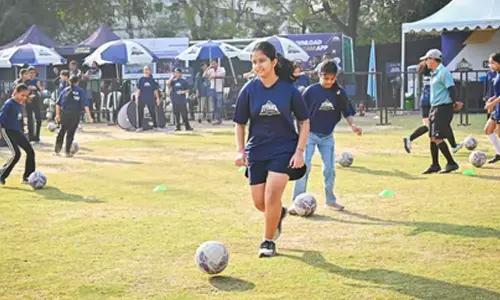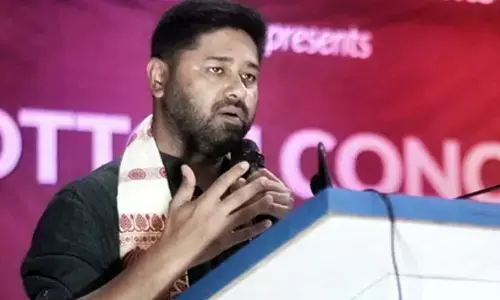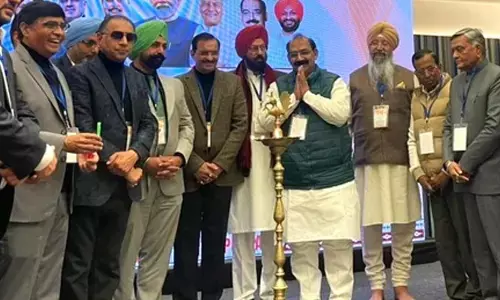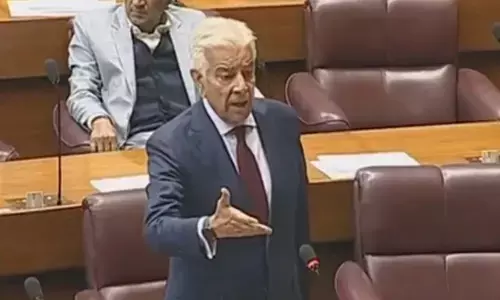In defence of welfare thru DBT schemes
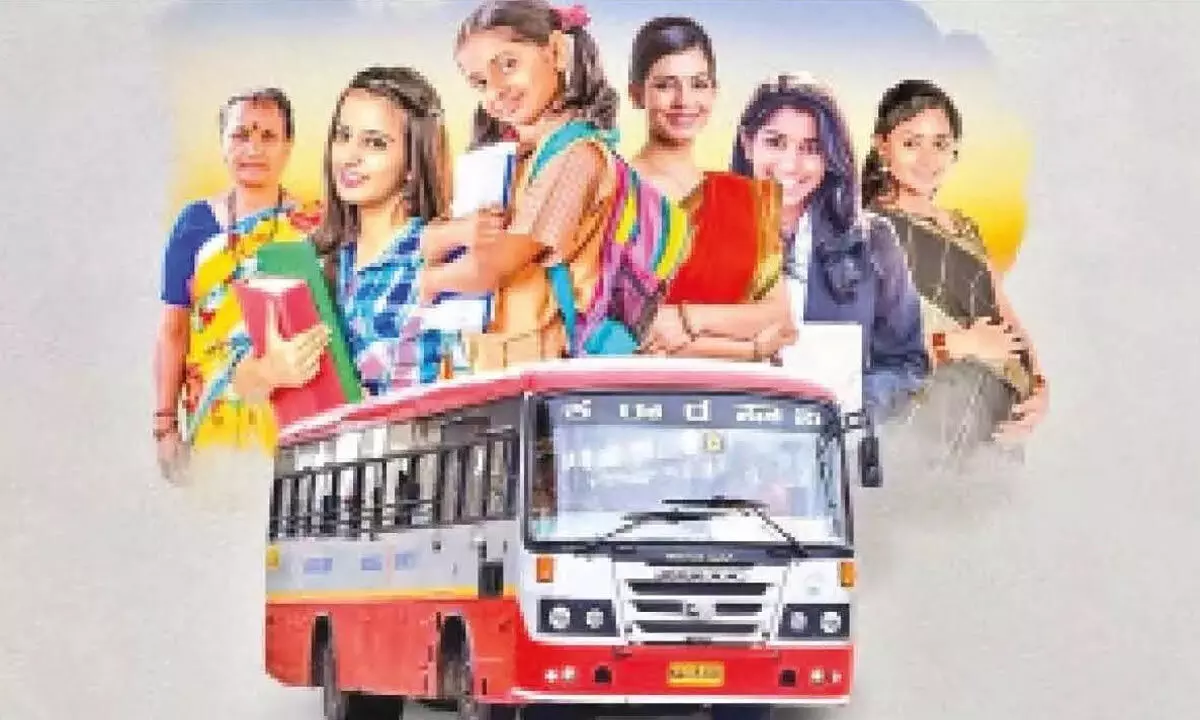
The classic traditional argument against welfare programmes or direct benefit transfer (DBT) schemes is that the government is turning its people ‘beggars’ and ‘lazy’ by giving ‘freebies’ and direct cash transfer.
The classic traditional argument against welfare programmes or direct benefit transfer (DBT) schemes is that the government is turning its people ‘beggars’ and ‘lazy’ by giving ‘freebies’ and direct cash transfer. In other words, according to these puritans there is no free lunch to some people as the others work hard and pay taxes only to be given ‘freebies’ in the name of populist schemes. It is often perceived as the politicians playing to the gallery to get reelected. However, in a society like that of ours the so-called ‘freebies’ or DBT schemes are not only about redistribution of wealth, but also are about social restructuring and reengineering. Our society is ridden with traditional hierarchies like caste, gender, class coupled with discrimination based on primordial identities. In such a society, welfare programmes like DBT schemes are not to be viewed simply through cost-benefit analysis, but need to be weighed in terms of social change that such schemes have ushered in.
For instance, MGNREGS has helped, to an extent, fighting caste discrimination in rural India. In several parts of the country, caste people had discriminated against socially downtrodden sections by not giving labour work in their agriculture fields by boycotting them in order to control the downtrodden sections. MGNREGS in addition to creating several assets in rural India has empowered the downtrodden sections vis-à-vis caste people by giving them autonomy in terms of work for their livelihood.
If a senior citizen is getting a monthly pension of Rs 3,000, she would use that money to diversify her food basket with healthy food, would buy medicines and improve her standard of living. The money spent finds way in to the market thus providing impetus to the market. For a market economy to survive, it is important that the people possess purchasing power too. Thus, the Government by DBT scheme is capacitating people with purchasing power.
The traditional critiques of ‘freebies’ have in the recent times have come heavily against free bus travel to women. As on date, the governments of Delhi, Tamil Nadu, Karnataka, Kerala, Telangana and Punjab have been providing free bus travel to women and third gender, while it is in the pipeline in Andhra Pradesh. One may see it as a populist policy by the politicians to gain women vote and argue against such a scheme. The female labour force participation rate (FLFPR) as per the Periodic Labour Force Survey (2022-23) is at 37 per cent. This gender gap in India’s labour force is largely attributed to conservative social norms and gender discrimination at various levels. It is against this backdrop that free bus rides to women are to be viewed as free bus ride provides women with free mobility, accessibility, increased economic opportunities, greater levels of freedom, autonomy, which results in a small step towards ushering in gender equality.
In spite of severe social norms, several women have freedom to work, but only shy away due to long distance commuting which is expensive. Often, it is the domestic helps and daily wage workers that are in need of public transport, particularly so in urban areas. Much of their daily earning is incurred in commuting in the form of auto rickshaw or share auto or state run bus service. Further, these women are expected to contribute to the household finances on daily basis. For such women, the free bus ride comes as a relief which can help them save substantial amount of their earnings.
The DBT schemes, in addition to helping in redistribution of wealth, improving living standards and providing impetus to the markets, have the potential to usher in social change against discrimination and traditional hierarchies. All said and done, we continue to be a male-dominated society or in sociological terms we are a patriarchal society. In such a society, often men restrict or restrain or often control financial options and resources available to women. In spite of lack of financial autonomy, end of the day women are expected to provide food in the plate. Women work force in the category of domestic help or daily wage workers tend to walk to their place of work just to save the money on travel. An average distance that they walk on daily basis in urban areas would be anywhere between 1 km to 4 km. For such women, too, free bus ride would allow them to save time and energy. For women in rural areas, the free bus travel comes as a relief in their frequent travel to the nearest town either for work or for any other necessity. Under such circumstances, it is only appropriate to provide free bus travel to women in addition to the proposed three gas cylinders in a calendar year by the newly elected Government of Andhra Pradesh. It is important to understand DBTs through a broader lens rather than a narrow cost-benefit lens. The implicit benefits of the DBTs include autonomy and empowerment to the socially vulnerable sections of the society.
Against this backdrop, it is imperative that the DBT schemes and welfare programmes are going to be around for a long time. Just providing with DBT schemes alone will not ensure longevity for a political party or a politician as demonstrated in the recent elections. Along with the DBTs, a government needs to continue to deliver on regular basis in the form of welfare, development and good governance.


